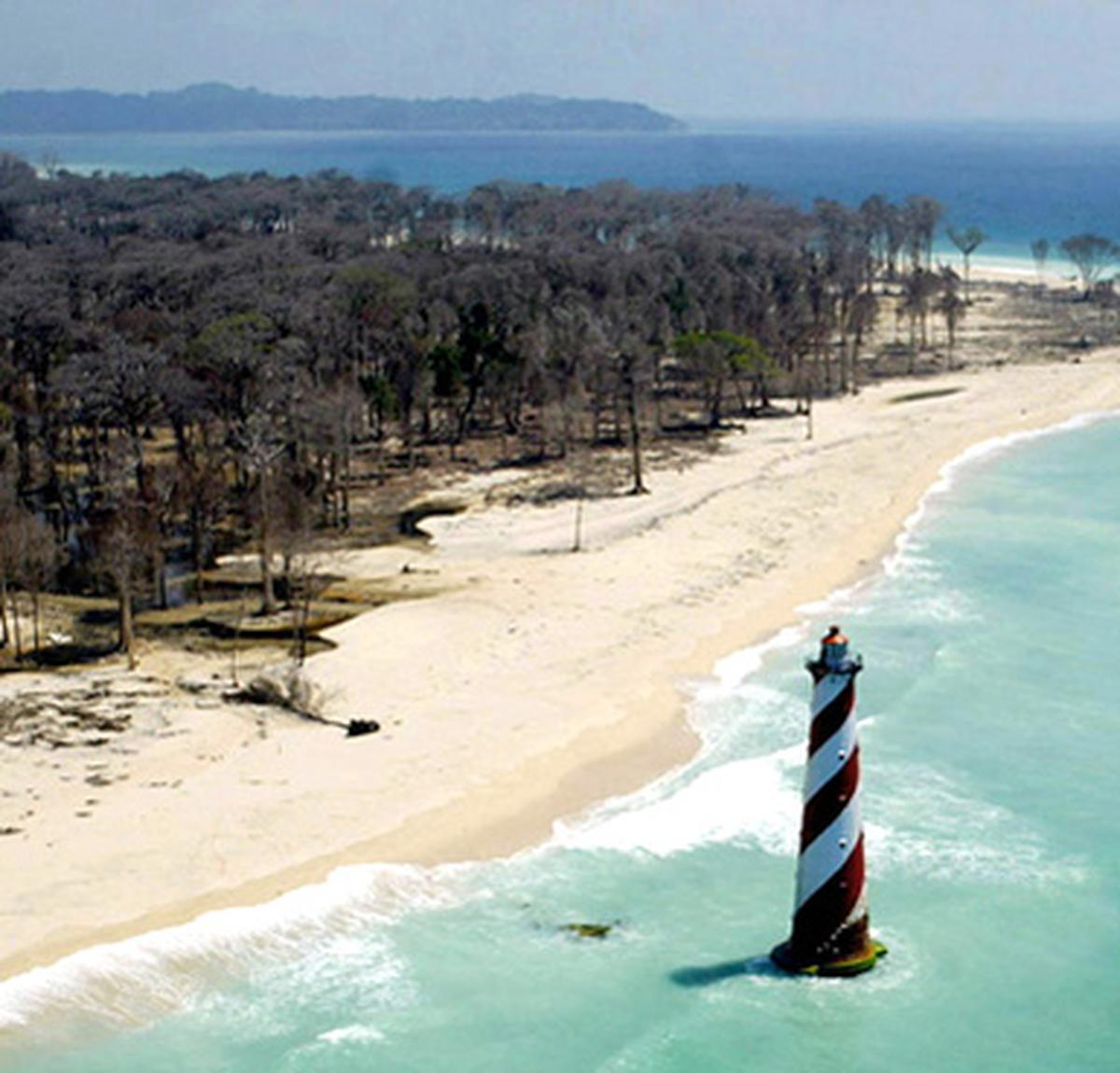The Congress party on June 17 demanded the withdrawal of clearances and a ground-up review of the ₹72,000 crore infrastructure project, being championed by the National Democratic Alliance (NDA) government, at the Great Nicobar Island.
The Great Nicobar Project, as it is called, involves developing a trans-shipment port, an international airport, township development, and a 450 MVA gas and solar-based power plant on the island. The project area is expected to be spread over 130 sq. km. of pristine forest, and has been accorded environmental clearance — one of the mandatory pre-requisites — by an expert committee. Several concerns have been raised on the project on environmental grounds, as well as the alleged violation of the rights of tribals resident in the region.
These issues were the backbone of a legal challenge being adjudicated at the National Green Tribunal (NGT), following which the court constituted an expert committee, headed by the Secretary of the Environment Ministry, to investigate aspects of the clearance. The results of this investigation aren’t yet public.
Though details of a project being appraised for environmental clearance are usually made available on a public portal maintained by the Environment Ministry, details on the Great Nicobar Project have not been put up, it is learnt, following instructions from the Ministry of Home Affairs, which has classified the project as one of “strategic importance”.
The government stated in Parliament in August 2023 that 9.6 lakh trees would likely be cut as for the project but ‘compensatory afforestation’ for the loss of this unique rainforest ecosystem has been planned in the State of Haryana, thousands of kilometres away and in a vastly different ecological zone.
Congress general secretary (Communications) Jairam Ramesh said on Monday that the coastline where the port and the project was proposed to come up is an earthquake prone zone, and saw a permanent subsidence of about 15 feet during the tsunami of December 2004.

Locating such a massive project here imperilled investment, infrastructure, people, and the ecology. The project also threatened the well-being and survival of the Shompen, an indigenous community classified as a Particularly Vulnerable Tribal Group (PVTG).
“39 experts from across the world have warned the administration (Centre) that the project poses the threat of genocide to the Shompen. The administration has compromised on due process in its rush to get approvals and did not adequately consult the Tribal Council of the Islands, as is legally required,” the Congress statement noted.
month
Please support quality journalism.
Please support quality journalism.

